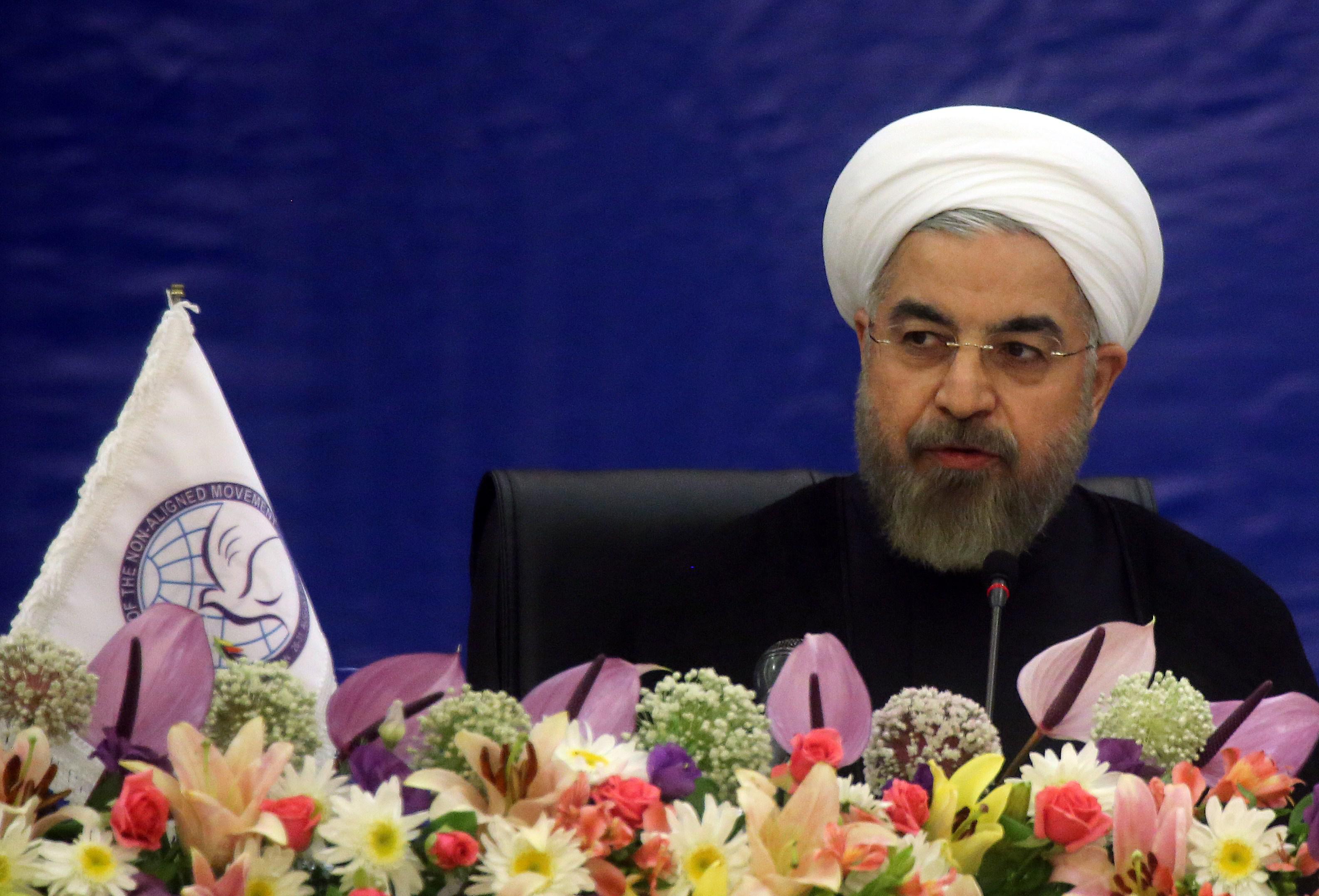It’s been obvious for some time that the deepening involvement of U.S. forces in the fight against ISIS would involve some amount of tacit cooperation with the Iraqi government’s other primary patron, Iran. After all, while the U.S. is only now tentatively rejoining the fight in Iraq, Iranian boots have been on the ground for weeks.
And indeed, the reaction from the usually reflexively hostile Iranian media to U.S. airstrikes has been strikingly muted.
When Iranian hard-liners have criticized U.S. actions, the complaint is usually that America is insufficiently committed to combating ISIS rather than any objections on humanitarian or legal grounds.
The definitive behind-the-scenes account of Nouri al-Maliki’s removal from power last week has yet to be written. But it seems fairly apparent that the decision of senior Iranian officials, including Supreme Leader Ayatollah Ali Khamenei, to endorse new Prime Minister Haider al-Abadi was pivotal in convincing Maliki that he didn’t have the means to remain in power. In this era of Iraqi politics, a leader can’t stay in power for very long without Washington or Tehran behind him.
While Iranian leaders are clearly united in their desire to see ISIS rolled back, America’s increasing role in the conflict is revealing the same hard-liners vs. moderates split that we’ve seen in negotiations over the country’s nuclear program.
The awkward dance is going to continue with Maliki gone. Iraq’s new prime minister, Abadi, will owe Iran for hastening Maliki’s departure and the U.S. for the air campaign that could give his government a fighting chance to keep ISIS at least contained and the country in one piece. For the forseeable future, he’ll be in the awkward position of relying for his political survival on two patrons who are officially not on speaking terms.
